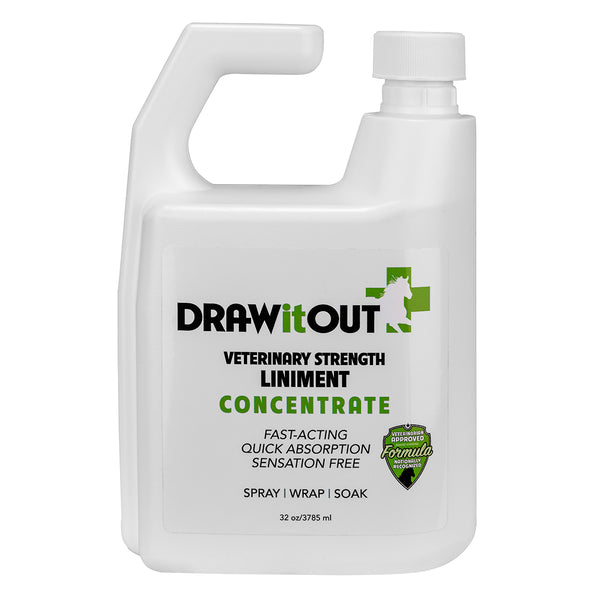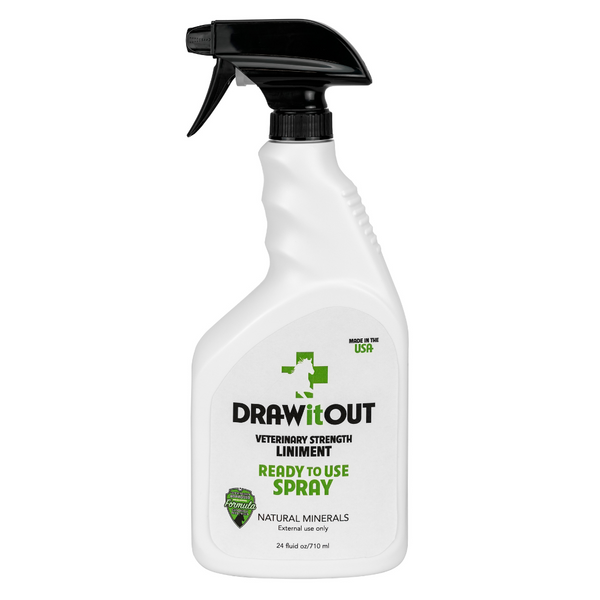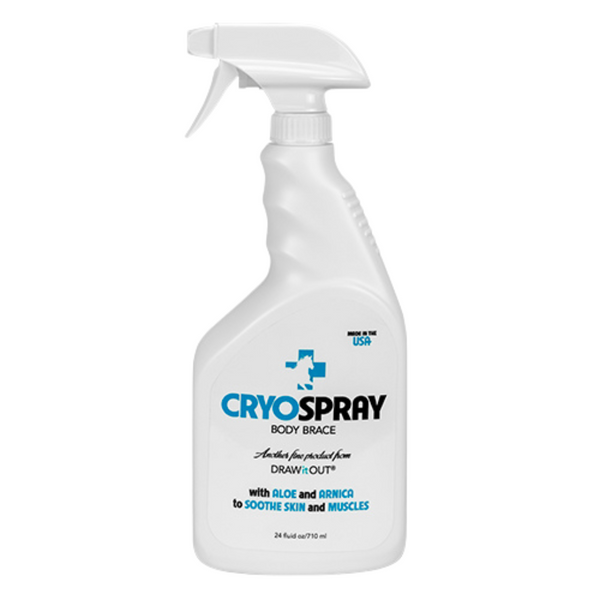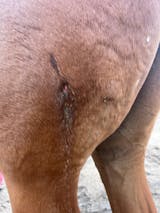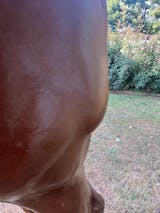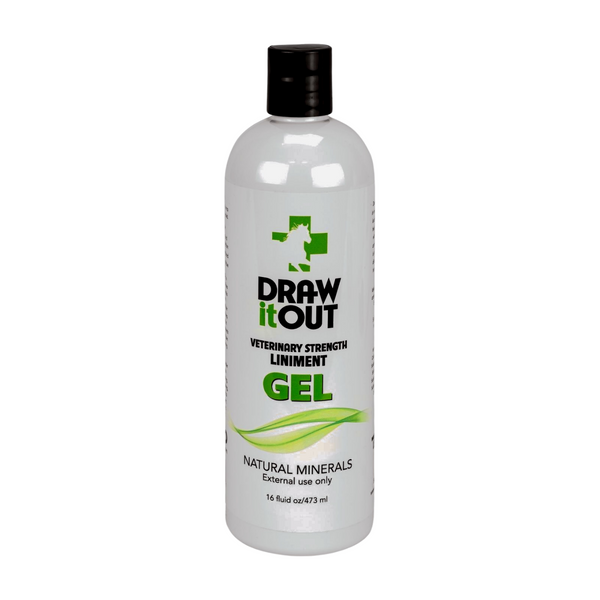 View Product
View Product
My horse had a huge hematoma I spent months trying to get it to heal. The vet ended up lancing it but it was still having issues draining due to swelling. I had done just about everything I could; poultice 12on/12off, cold hose twice a day, bute, and antibiotics. I felt like I couldn’t stay on top of it. ONE day of using this liniment the results showed immediately. The swelling decreased by 50% and he overall looked a lot more comfortable. A few days later it was healed up and scabbed over.
Christine, thank you for taking the time to share this. That kind of long, frustrating situation is exactly why we built Draw It Out® the way we did. When you’ve tried everything and nothing seems to move the needle, even small progress matters.
We’re grateful you gave the 64oz High Potency Gel a chance and even more grateful it helped your horse finally turn the corner. Stories like this don’t happen overnight and they don’t happen by accident. They happen when care is consistent and the formula does its job quietly.
Thank you for trusting us with your horse. That means everything to us.
— The Draw It Out® Team
















